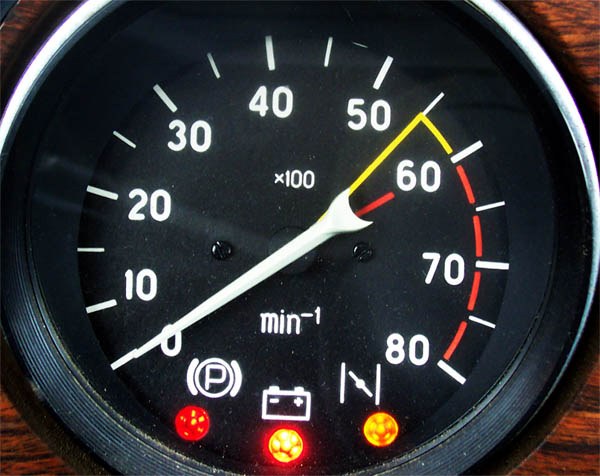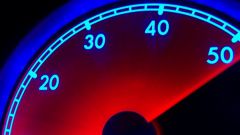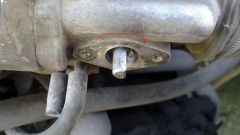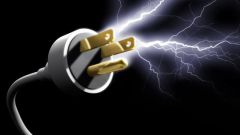After a few years of operation of the vehicle often occurs a problem such as floating momentum. The engine starts normally, but instead of a smooth reduction in revs as it warms up dramatically there is a drop in revs. The momentum abruptly changed in the range 1400-500. Gradually warming up the car these "failures" disappear, engine work stabiliziruemost until the next cold startup. But over time, this effect is amplified.
The reason for all this is the engine temperature sensor. The best solution to this problem is to replace it.
Often the revs jump engines with electronic fuel injection, this occurs due to the abnormal air suction. The fact that these motors have a control unit (computer). His task is to calculate the amount of air entering the cylinders. As well as monitoring the status of several sensors, some time of the electromagnetic valve of the injector.
When there are excess air, the throttle position sensor indicates that it should not be. And temperature sensor "tells" the engine is already out of warm-up and fuel you need to spend less. As a result, the computer starts to "go crazy", he doesn't know what to do with this excess air. Because of what appear to be a jump in rpm.
Engines equipped with carburetors cause of swimming speed could be incorrect adjustment of one of the servo motors. He opens and closes the throttle in certain cases. To correct this problem, loosen the adjustment screws of the servo motor, the drive twitches in rhythm with the irregular momentum.
This fault occurs only in the case if, you are trying to adjust. In diesel engines the reason for this effect (jumps in rpm) is the sticking of the movable blade in the feed pump. This only happens because of the water that is present in the fuel, which formed rust. This usually happens with cars that have long been idle.





